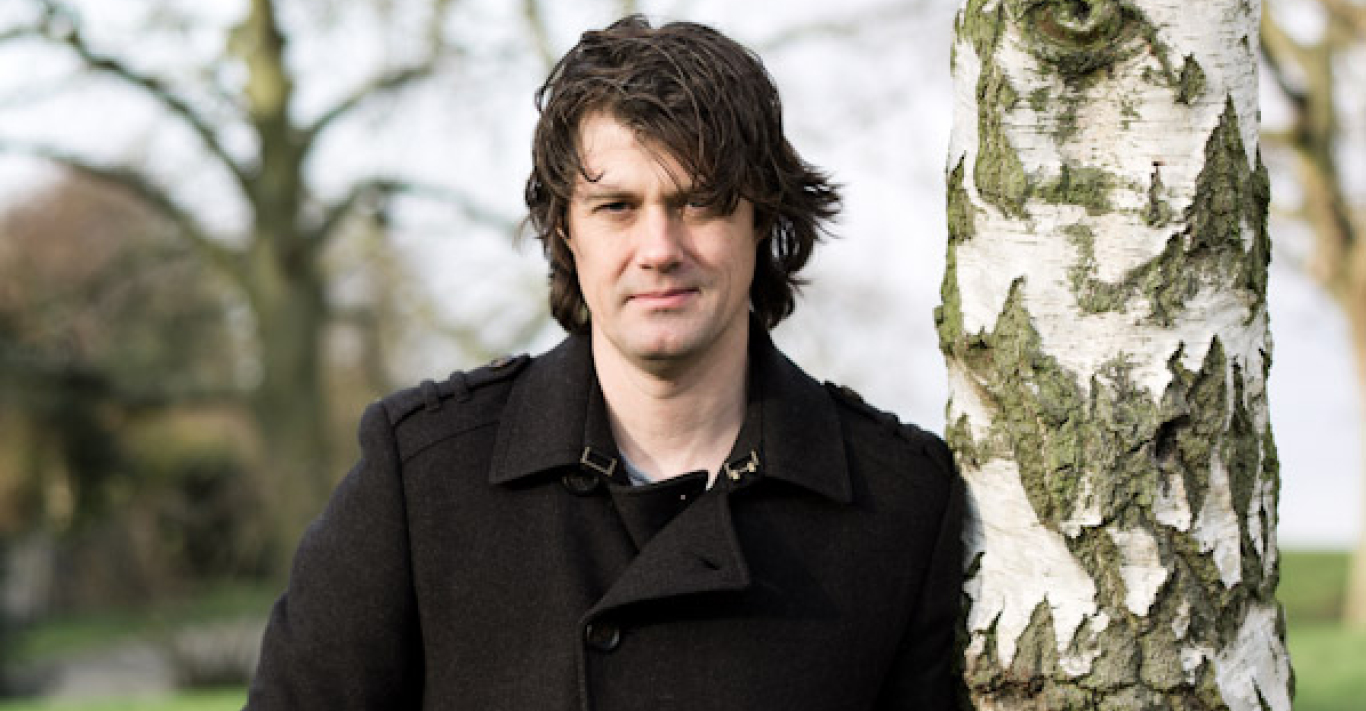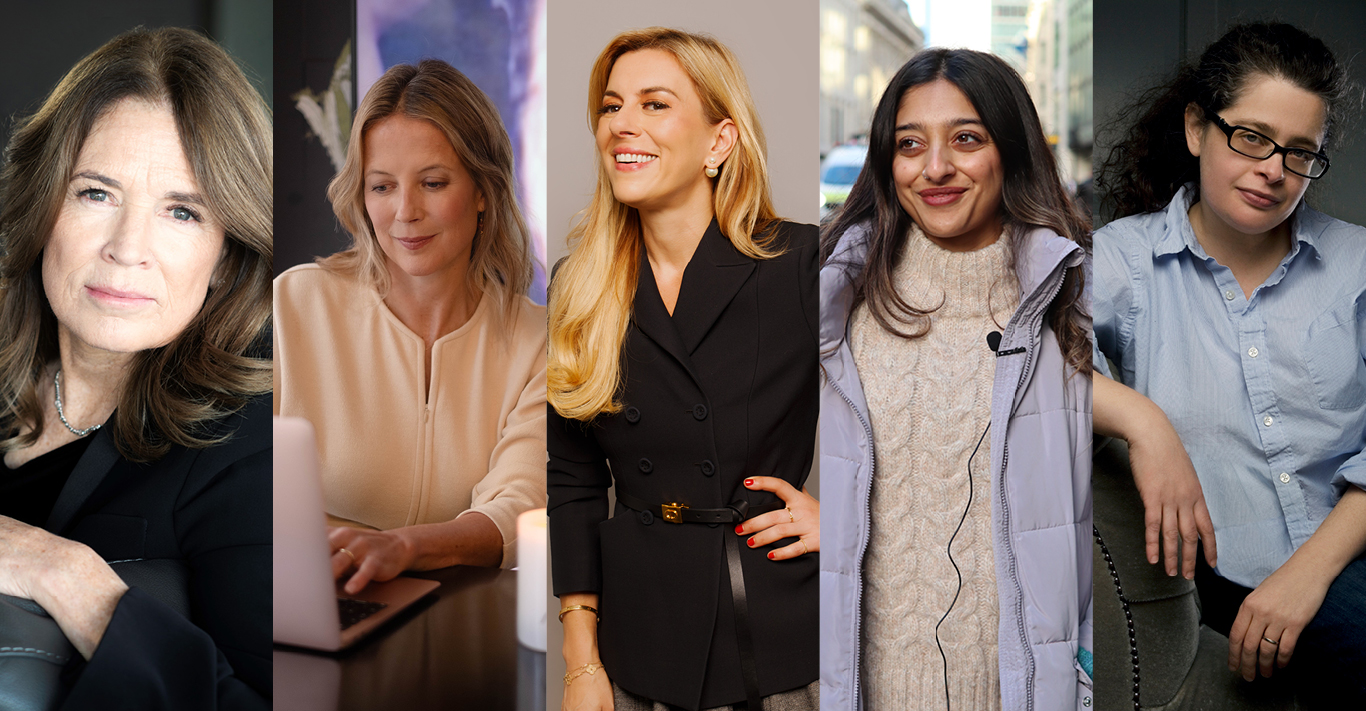WORDS
CHARLOTTE METCALF
Following the success of his books, An Optimist’s Tour of the Future and We Do Things Differently, futurist Mark Stevenson has established himself as a voice that deserves heeding. Though he spends much of his life under NDAs, his ideas are now seeping into the boardrooms of large corporates, investment houses and private banks. And since Covid-19 kicked in, the City is even more eager for his future insights. ‘It used to be, “Who’s this hippy?” and now they’re inviting me in,’ laughs Stevenson (who actually prefers the term ‘possibilist’ to futurist). His cheery demeanour doesn’t hide his deadly seriousness about the need for the financial service sector to change the way it operates.
‘To quote my friend Ed Gillespie [environmental entrepreneur and futurist], what we’re seeing now is “the Great Humbling” of the market paradigm,’ says Stevenson. ‘We’ve costed risk wrong for years and not thought systemically or long term. Capitalism as practised has never honestly factored in the cost of climate change, social inequality or disease. It’s always been about short-term profit and competition. For example, futurists and medics have been talking about the lack of development in antibiotics and vaccines for years but our public health policy is a disaster because governments would rather profit from a food industry that sells us processed, sugary crap that makes us more susceptible to viruses instead of thinking about the massive return on a long-term investment in a healthy society.
So, instead of an integrated, preventative healthcare system, we have a labyrinthine, extortionately expensive and stretched-tobreaking- point sick care system.’
He talks often of the Good, the Bad and the Ugly: ‘Bad, because things are broken, good because they’re fixable, ugly because of the 30-year bloodbath that lies ahead when the fixing gets tough. We need a wholesale rethink and it’s not going to be pretty. Necessarily, we’ll have to move away from extractive business models that are destroying the environment to regenerative ones.’
Stevenson cites a Citigroup study that estimated stranded assets related to fossil fuels will total $100trillion as the green transition gains momentum. Conversely, he cautions against a too rapid move to renewables that could result in Russia and Saudi Arabia becoming failed states: ‘One of those is a nuclear power, remember. Failed nuclear powers are not a pretty concept.’
Collectivism and responsibility will be the new model for the financial services industry
Even without the economic reckoning triggered by coronavirus, Stevenson’s view is that the City needs a systemic rethink – an opportunity squandered in 2008. ‘Eighty-five per cent of employees don’t like their jobs. They feel they’ve checked in their souls at reception and that their pay packets are not rewarding them but bribing them to be complicit in a system that’s destroying their children’s future. You want to innovate with a workforce like that? Good luck. We’re at the end of the road, the fundamentals have been shown up for what they are, not just stupid, but immoral. A lot of supposedly “good companies”, with bad hearts are going to the wall.’
Stevenson understands the difficulties of accurately measuring the carbon intensity and ethical cleanliness of a business portfolio but points to initiatives like Science Based Targets for climate change, or companies like Colabriq that allow greater transparency in supply chains without giving away commercial secrets. He even suggests we change the tax structure so businesses that prove they do more to be socially positive pay less corporation tax – something that should appeal to both the left and the right.
‘Research shows that highly sustainable, outward looking companies might take a shortterm short term but then way outstrip their competitors long-term, both in stock market and accounting performance. Collectivism and responsibility will be the new model for the financial services industry.’ He points to the growth of enlightened impact wealth companies like Tribe Capital and the inspiring work of Mark Campanale at Carbon Tracker.
‘If the money truly starts to feel differently, there’s a massive opportunity for the financial services industry to become heroic – and start taking what’s happening to our planet and health seriously. If it doesn’t, governments and their citizens are going to come after you with pitchforks.’ You have been warned.





